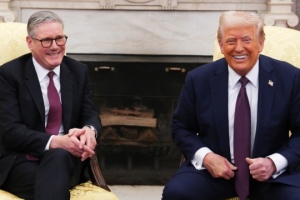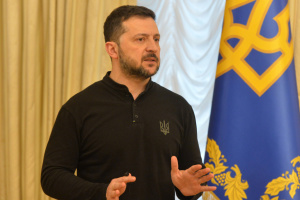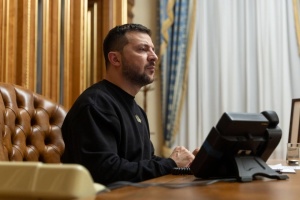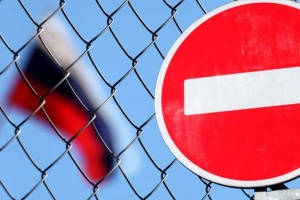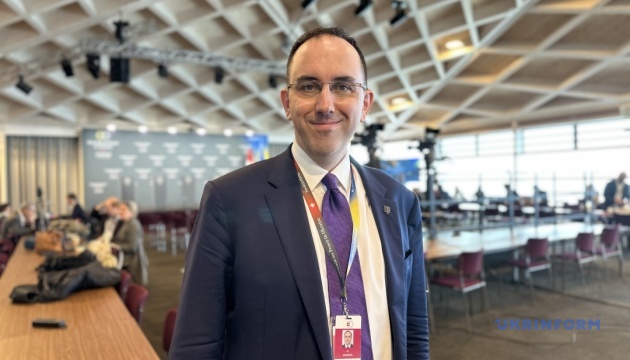
Czech MFA: Summit in Switzerland is a strong support for Ukraine's peace plan, not a discussion of peace
Deputy Minister of Foreign Affairs of the Czech Republic Jan Marian in a commentary to Ukrinform.
According to Marian, Prague considers the Swiss-hosted summit a success, as it gathered 100 delegations from all over the world. He pointed out that representatives of South America, Africa, and Southeast Asia have also arrived, despite Moscow's pressure. Russia is very nervous about this, the diplomat added.
"This is a strong signal of support for Ukraine. We believe it is extremely important to show that long-term support for the Ukrainian peace plan. What is important is that the process will continue and maybe one day Russia will be involved. This is not a discussion of peace, this is a discussion of support for the Ukrainian peace plan," said Marian.
At the same time, he emphasized that the Czech Republic considers it of the utmost importance to provide military support to Ukraine at this moment.
As for Russian dictator Vladimir Putin's threats and ultimatums on the eve of the Swiss summit, they show the whole essence of the Russian regime, the Czech deputy minister said. He recalled the experience of 2014-2015 and the Minsk agreements.
According to him, when Putin talks about peace, it is peace in his view, peace on his terms. “It is not peace, it is capitulation. We need to realize this," he emphasized.
Speaking about the specific issues on the summit agenda, Marian said that President of the Czech Republic Petr Pavel and Chair at State Office for Nuclear Safety of the Czech Republic Dana Drábová would deliver speeches on nuclear safety on the second day of the summit.
As reported, the Czech Republic, along with France, Japan, and Sweden, is leading the working group on radiation and nuclear safety within President Volodymyr Zelensky's 10-point Ukrainian peace formula. This is one of the points of the formula that the participants of the Peace Summit are discussing in Bürgenstock on June 15-16. Other topics on the agenda include food security and the humanitarian aspect.


